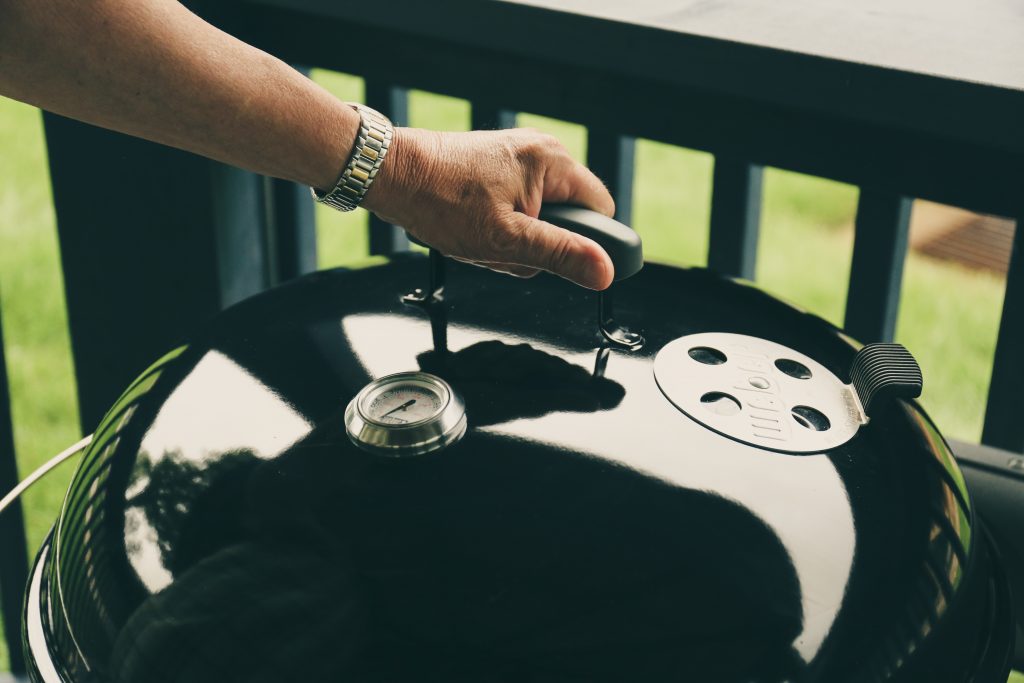InsideSources | This Grilling Season, Buy Humanely Raised Food

With summer — and cookout season — upon us, people across the country are taking off grill covers, re-stocking their supply of propane or charcoal and enjoying the time-honored American tradition of grilling. During this time, it’s important to think critically about the food that we cook for ourselves, our families and our friends.
That means considering the standards of welfare for farm animals. This grilling season, it’s important to buy humanely raised food and support ethical and transparent companies.
Most people agree on that. Nearly 95 percent of consumers are concerned about farm animal welfare, according to an American Humane survey. Consumers prioritize food that is humanely raised over food that is organic, natural or antibiotic free.
However, Americans are increasingly disconnected from their food — many have never even been on a farm. Direct on-farm jobs accounted for only 1.3 percent of total U.S. employment, according to the most recent numbers from the Agriculture Department’s Economic Research Service. That’s half of what it was just 20 years before. As a result of the gap between producers and consumers, most people simply don’t know what is involved with raising farm animals humanely.
That’s where third-party certification comes in. An independent third party, like a nonprofit, can assess animal welfare standards objectively. Without a third party, consumers must rely on reporting from producers. Which, while well-intentioned, may be subject to criticism. You wouldn’t want to read movie reviews written by the actors starring in them or review a job applicant’s references and find they were written by her parents.
The voice of animal welfare needs to be objective, informed by science and independent.
That’s why my organization, American Humane, started American Humane Certified, the first — and currently the largest — welfare certification program for animals on farms and ranches in the United States. It helps ensure, to consumers and retailers, that products carrying the American Humane Certified label have met rigorous, science-based animal welfare standards and that the animals in the program were humanely raised.
The standards that farmers meet are developed by a Scientific Advisory Committee composed of world-renowned experts in animal science. As a result, they are objective, credible and independent.
Their science-based approach digs into the nitty-gritty of what it means to be humane. Have you ever considered the ins and outs of humanely raising a chicken?
Broiler chickens, or chickens that are raised for meat, should be raised in environments where they can express natural behaviors. This means — among other things — providing adequate space, proper nutrition, veterinary care, clean air and water, heating, and lighting.
Adequate space means making sure that chickens have room to stretch their wings. Producers should monitor the density of their birds to help ensure that they have enough room to move freely throughout the barn and express natural behavior.
These are things that average consumers may not know in detail. Many don’t have the time to delve into the minutiae of managing a chicken farm — they have just 30 minutes at the grocery store on Sunday to pick up food for their families. But they still care broadly about animals being raised humanely and want to support ethically minded farmers. That’s why standards set by scientific experts are so important.
Adopting more humane conditions and seeking third-party certification should be a no-brainer for farmers. After all, more than half of consumers are willing to pay more for chicken that has been certified as humane, according to an American Humane survey conducted in April.
We’ve seen the demand for humanely raised food grow firsthand. We’re approaching 1 billion animals certified every year through our American Humane Certified program.
Consumers want to support humane farmers. The best way to do that is by looking for independent, third-party certification that verifies producers are meeting rigorous, science-based standards.
Dr. Robin Ganzert is president and CEO of American Humane, the country’s first national humane organization.